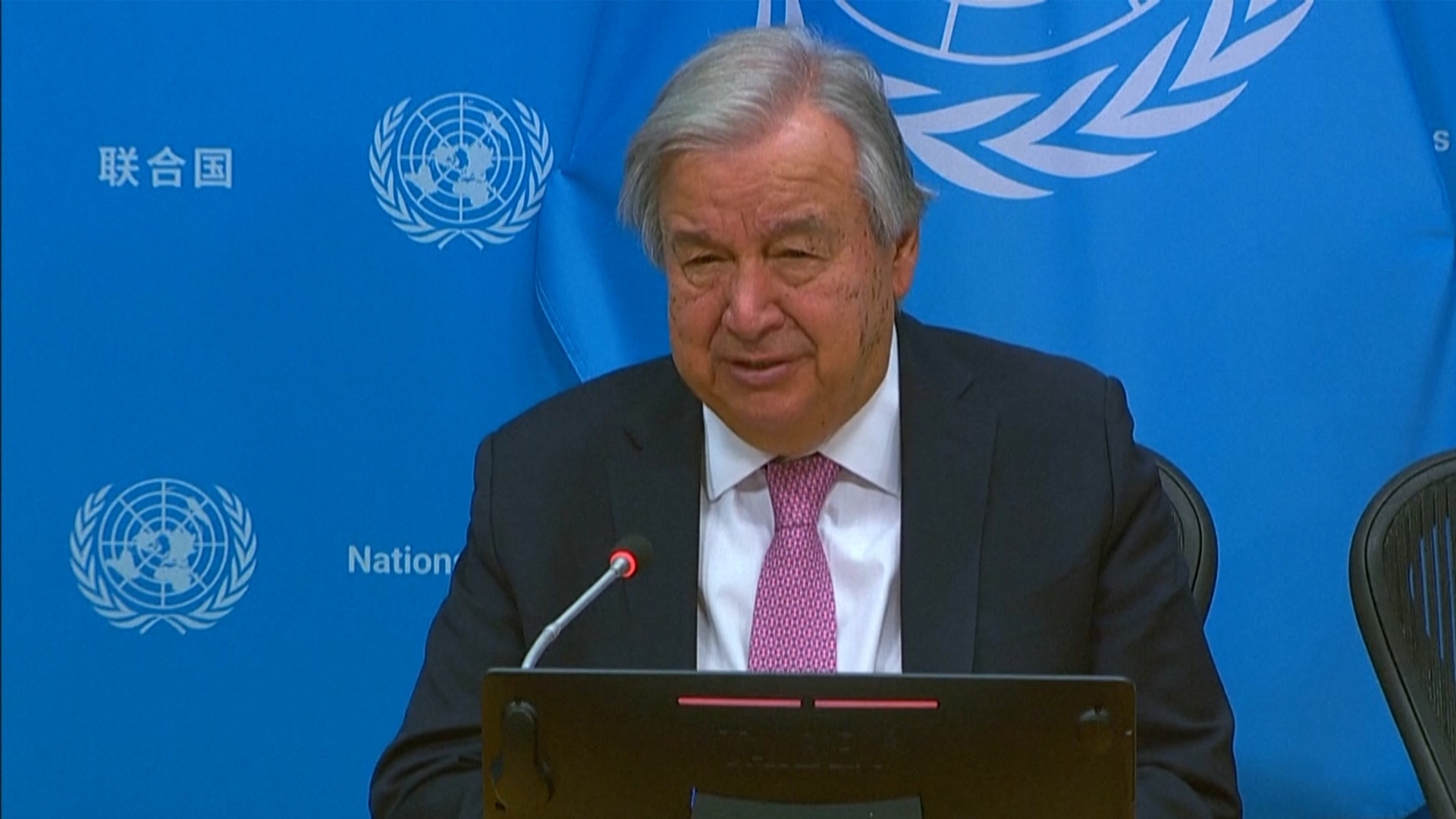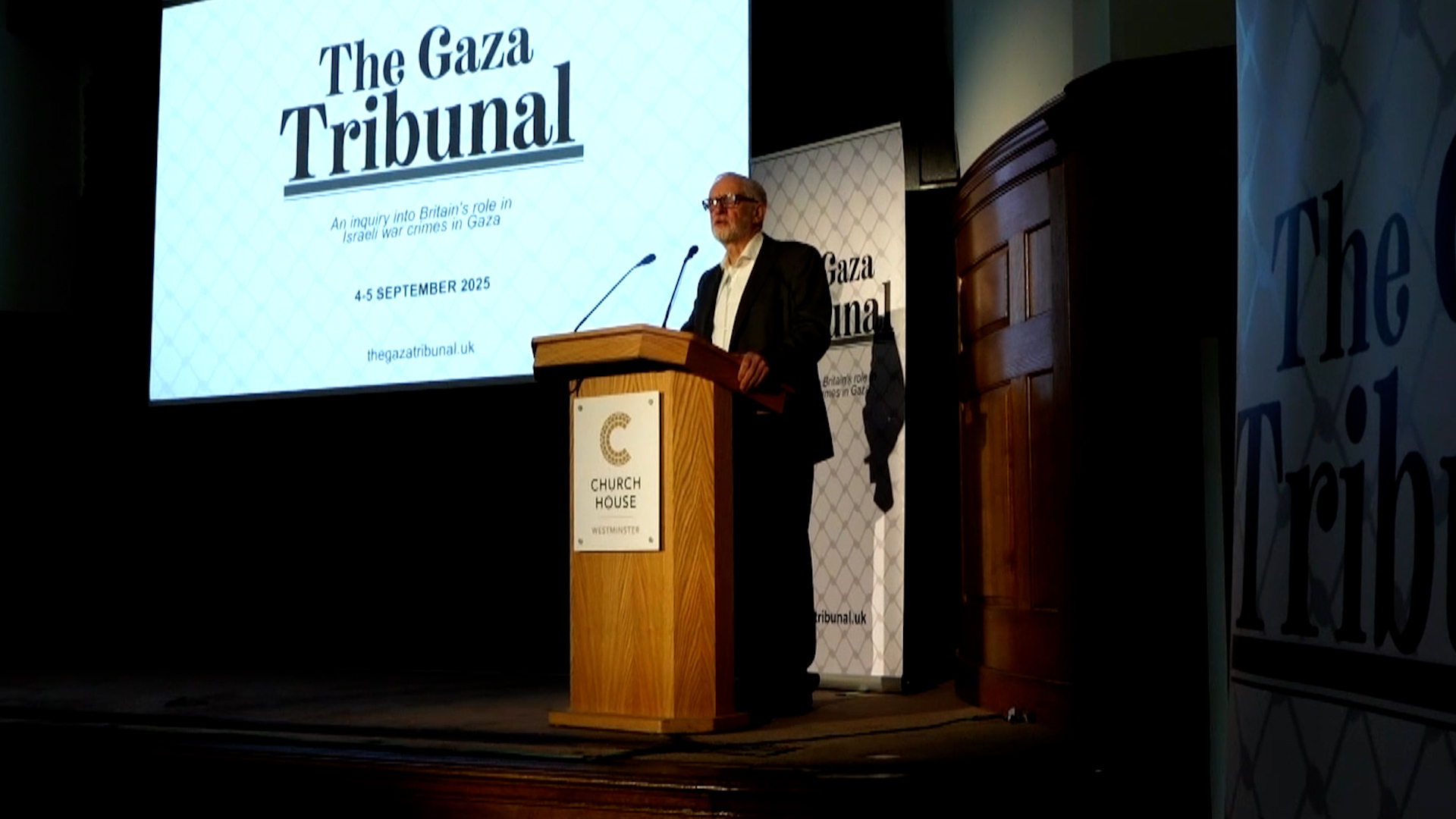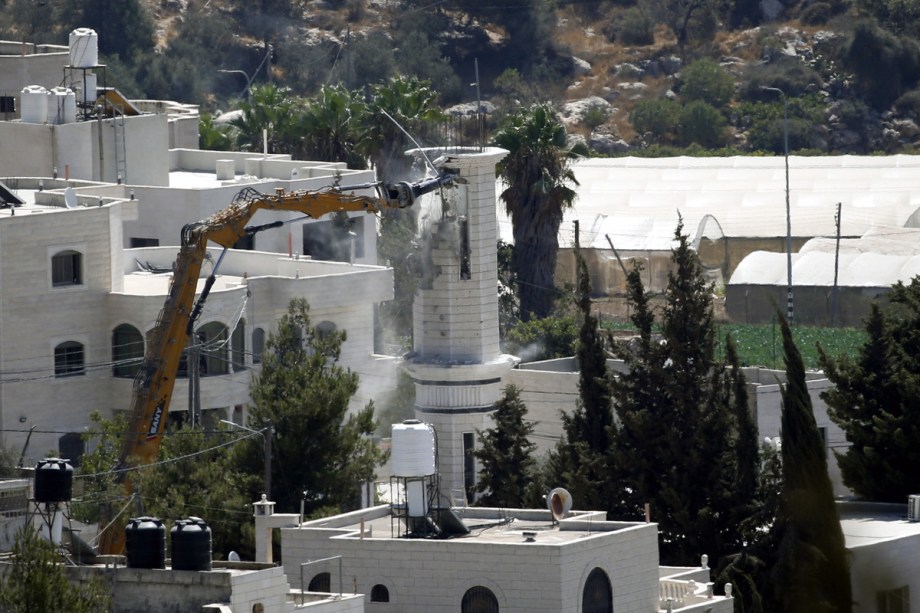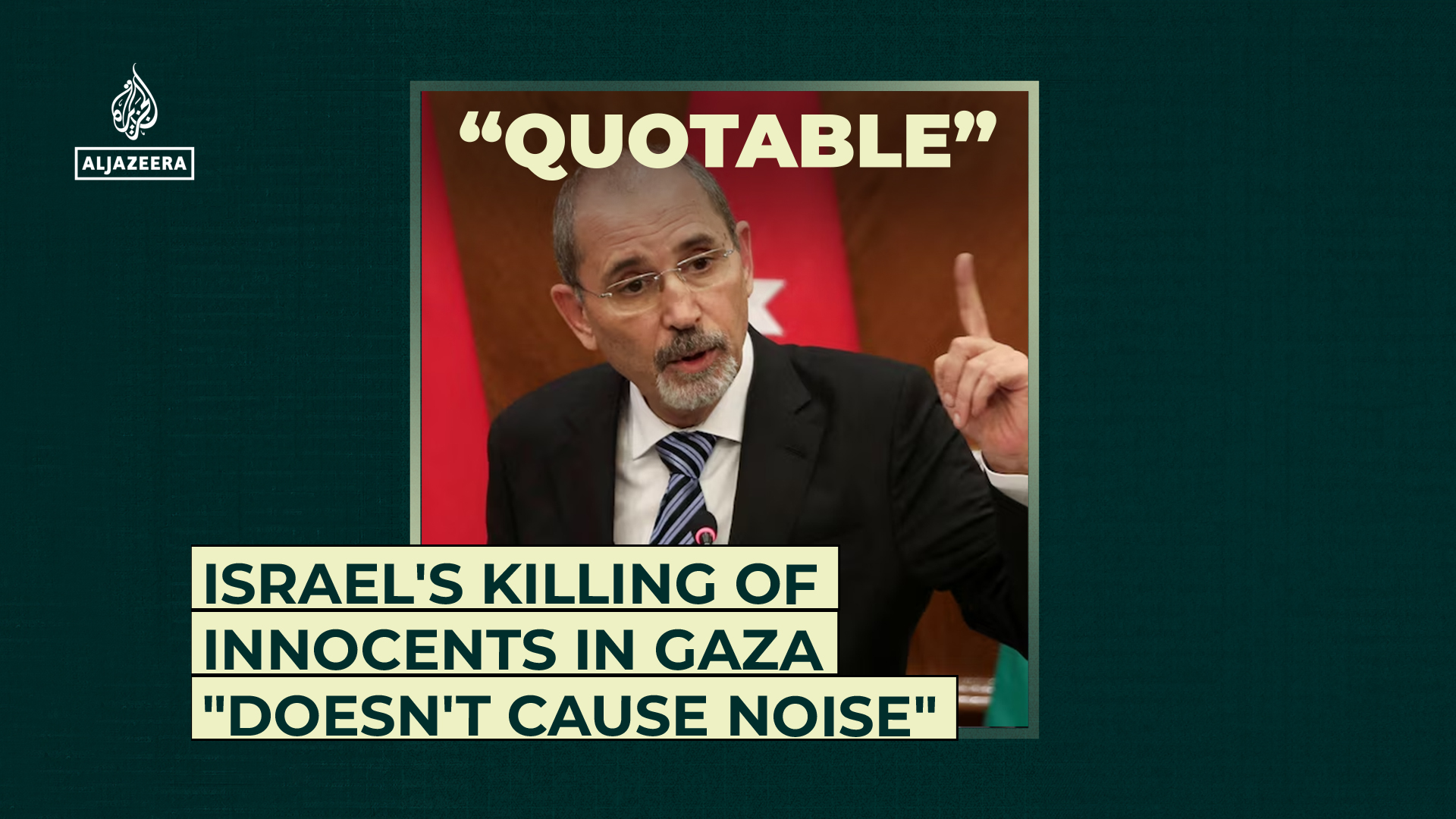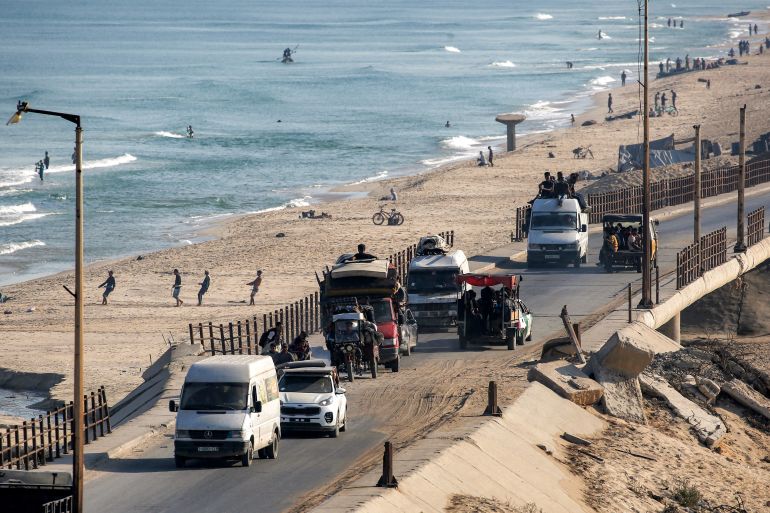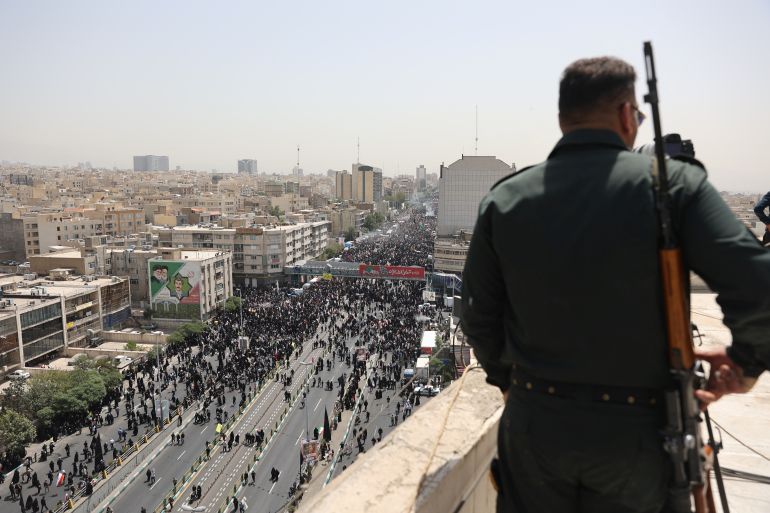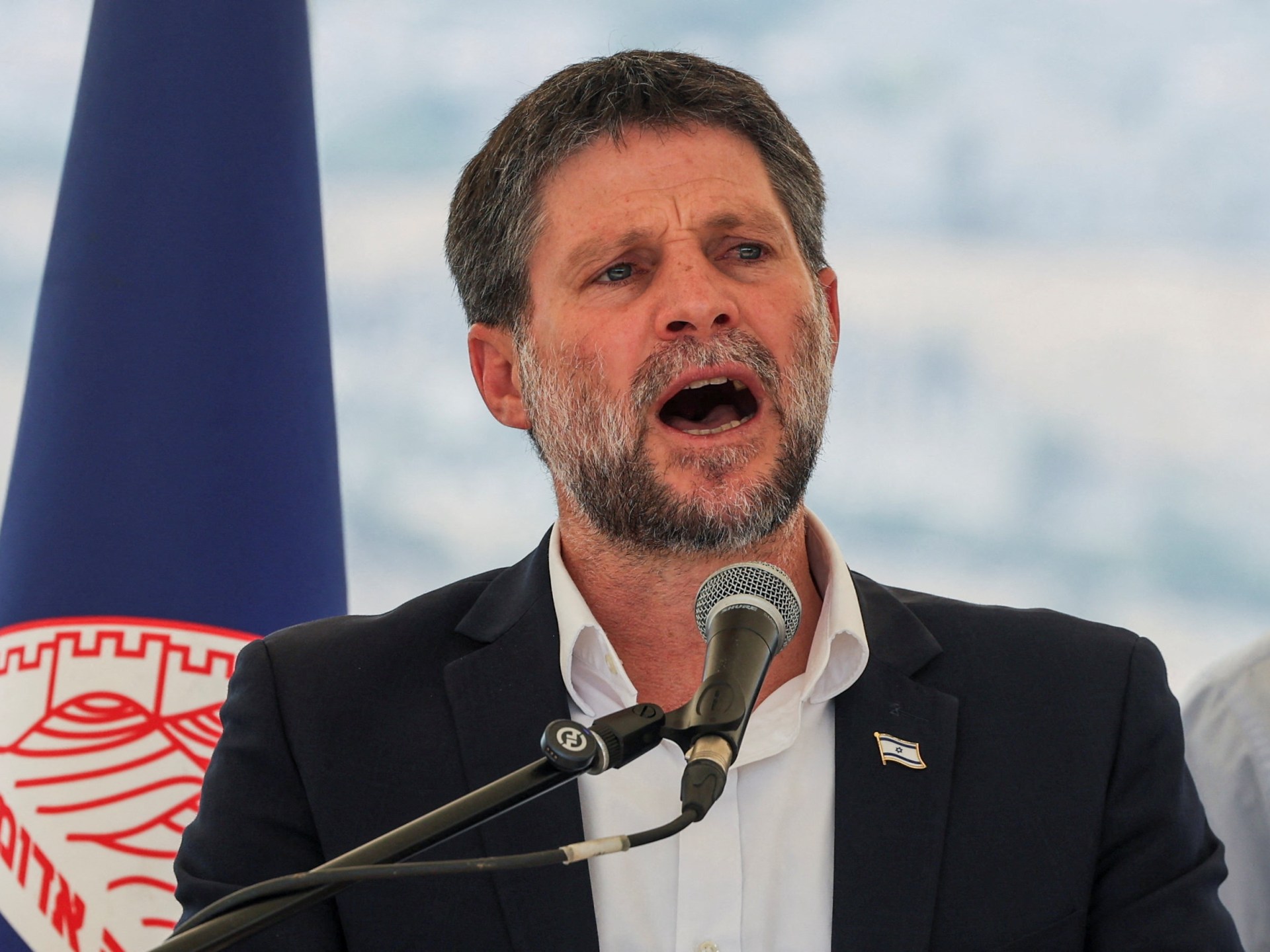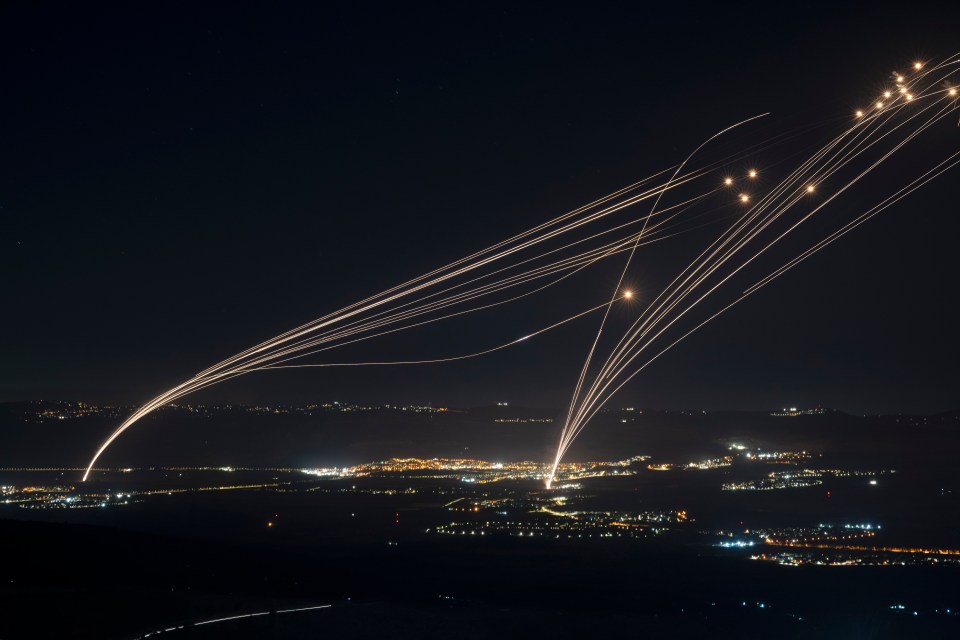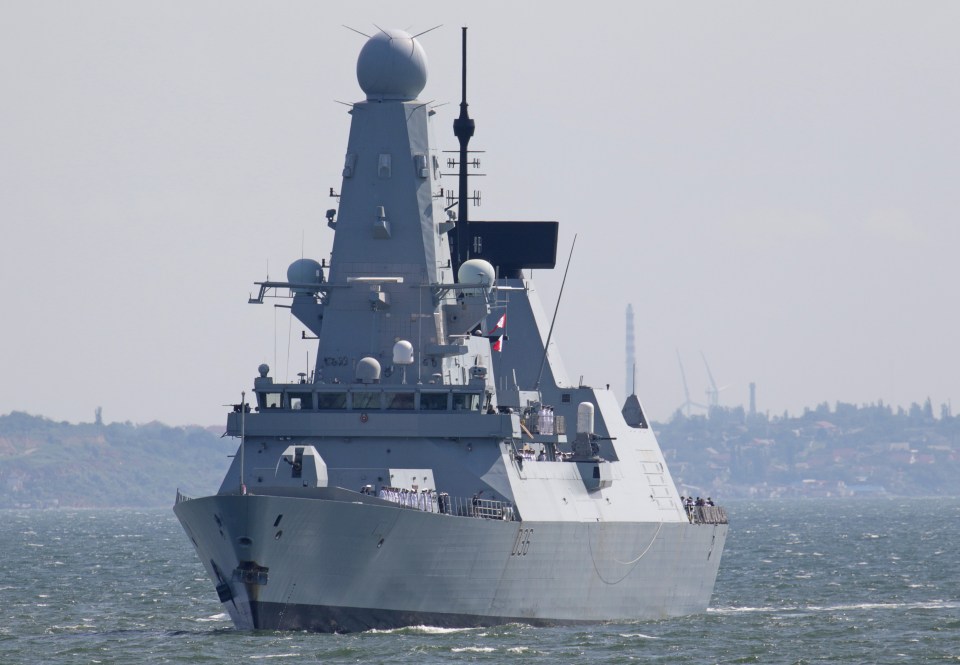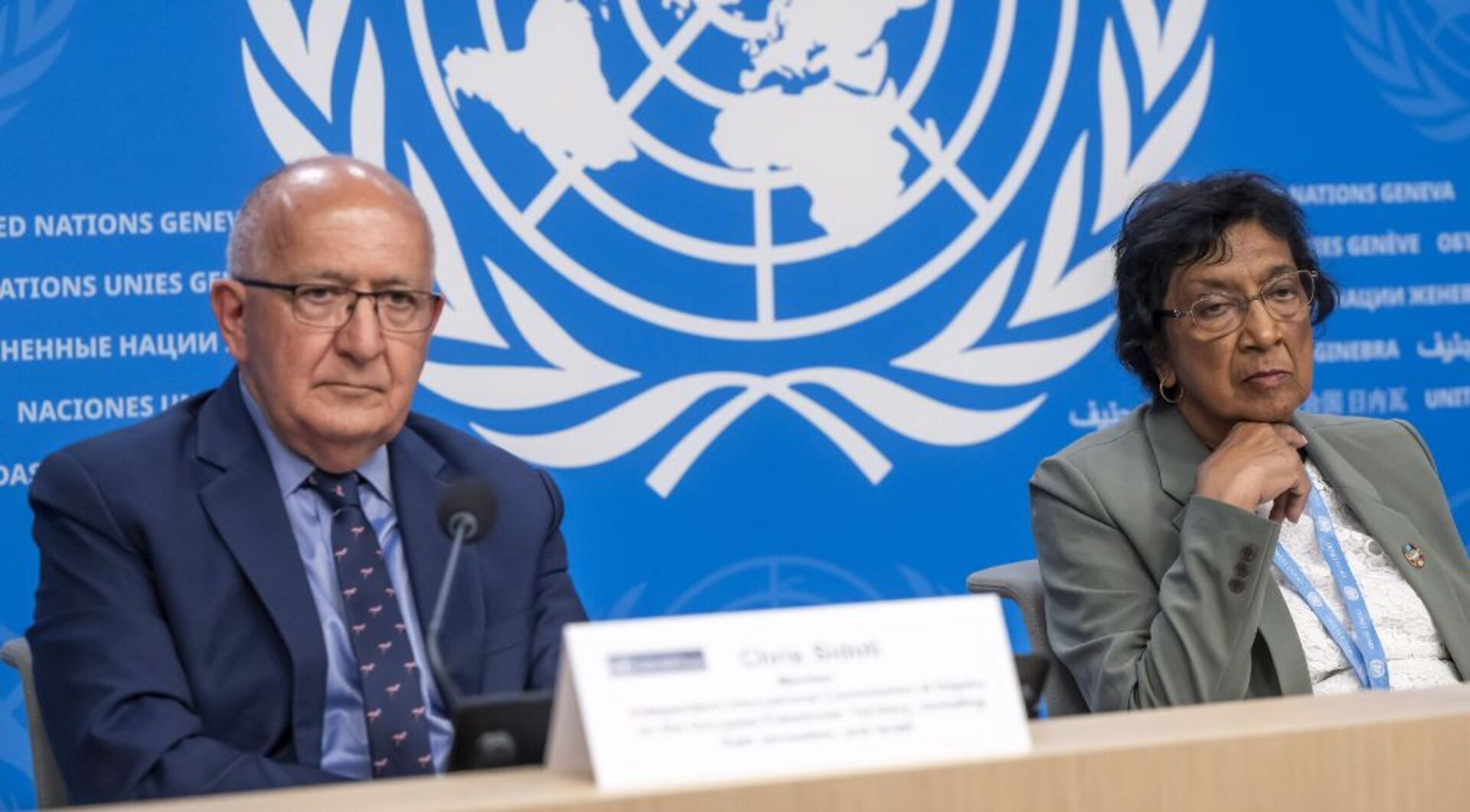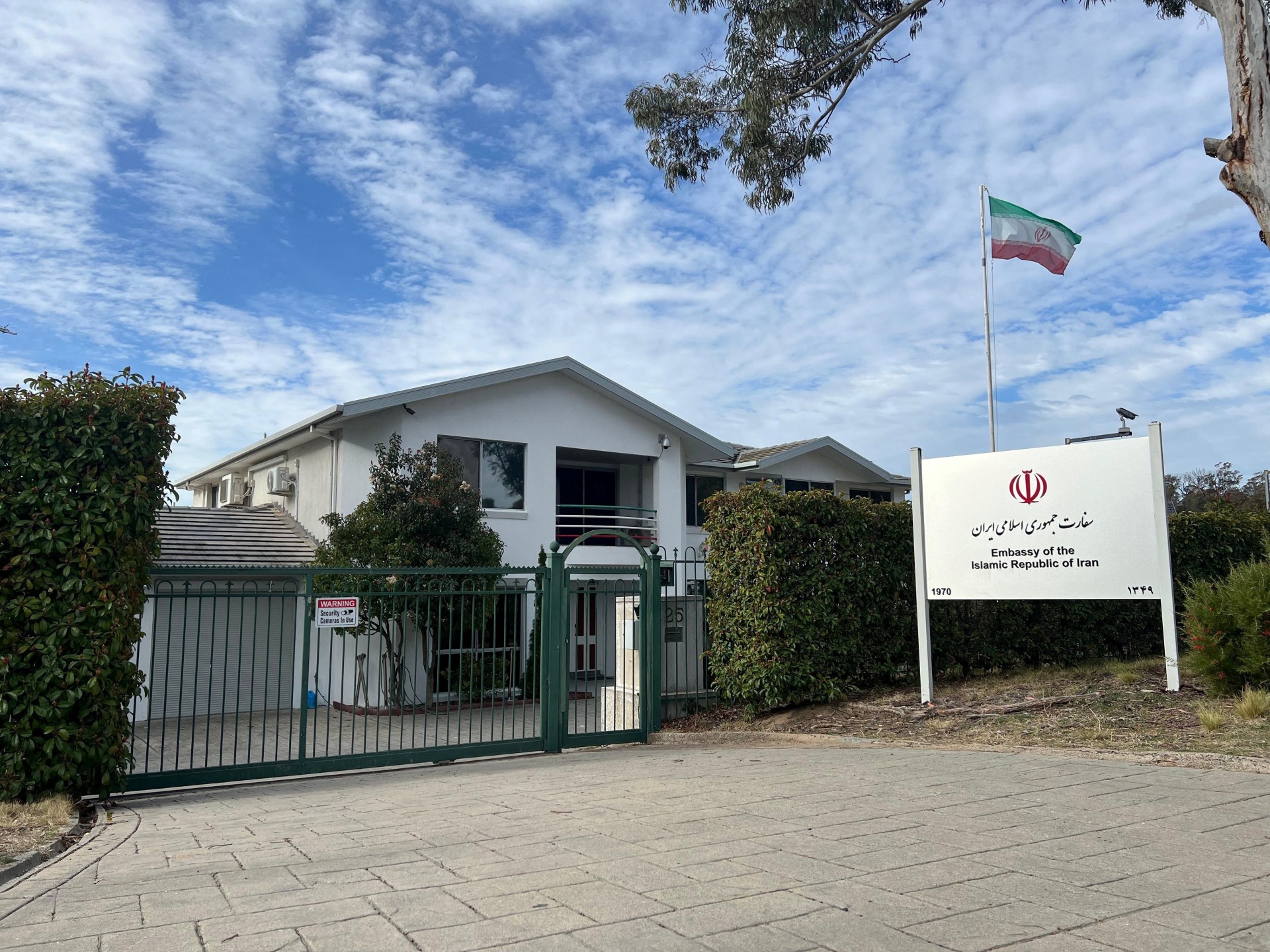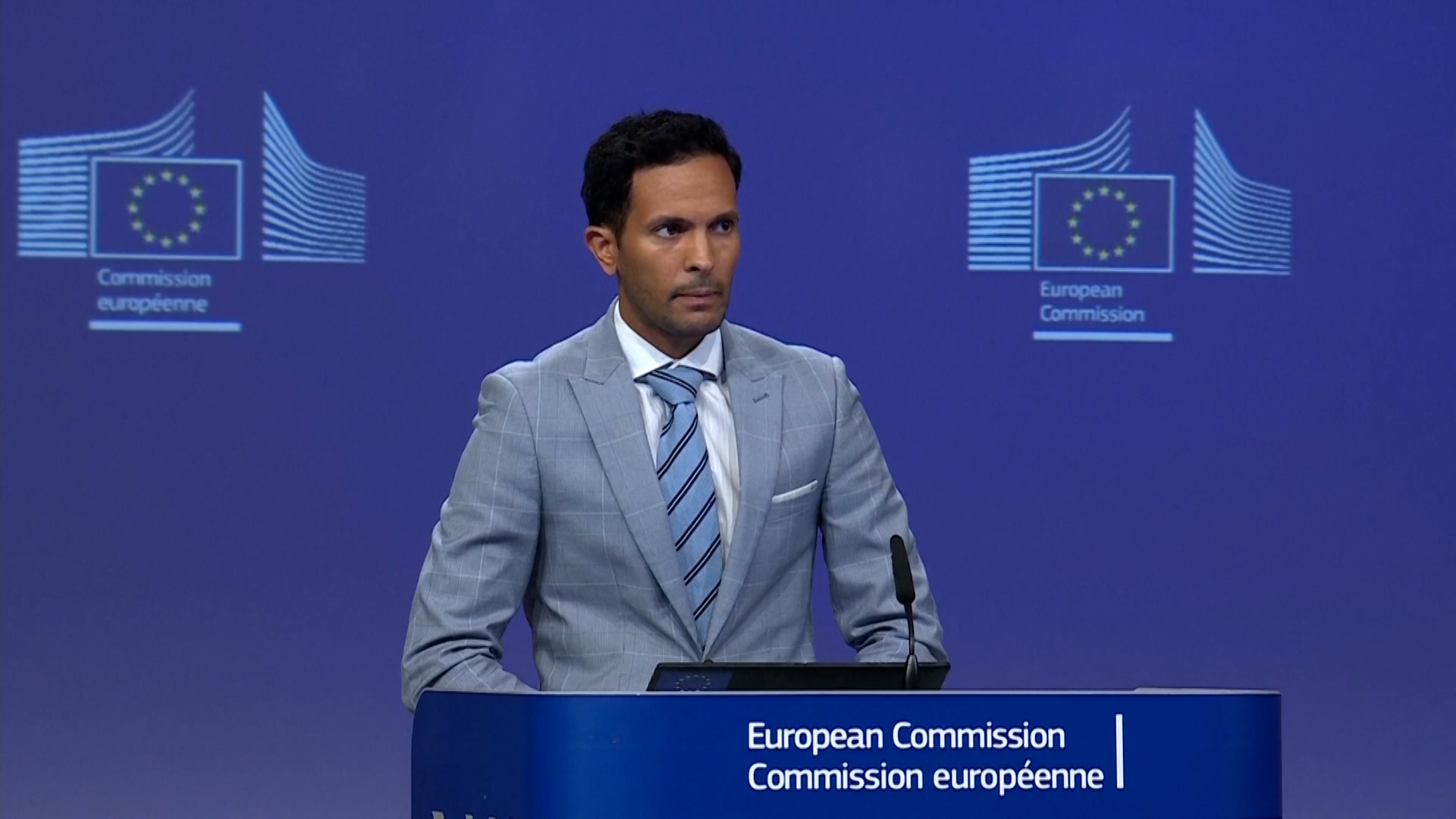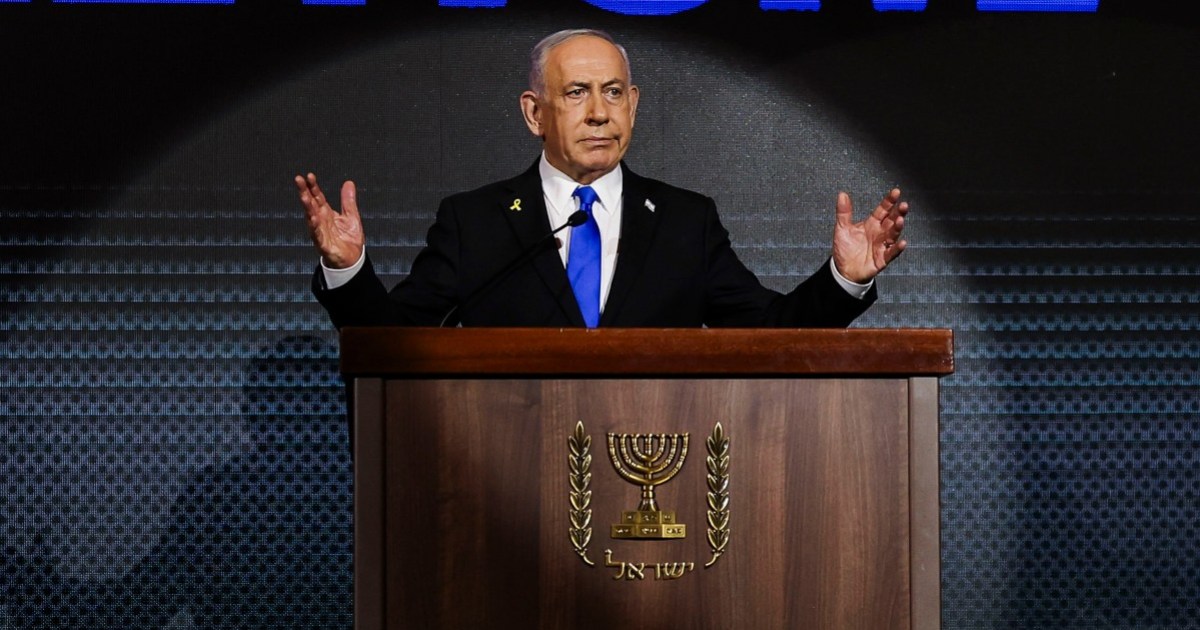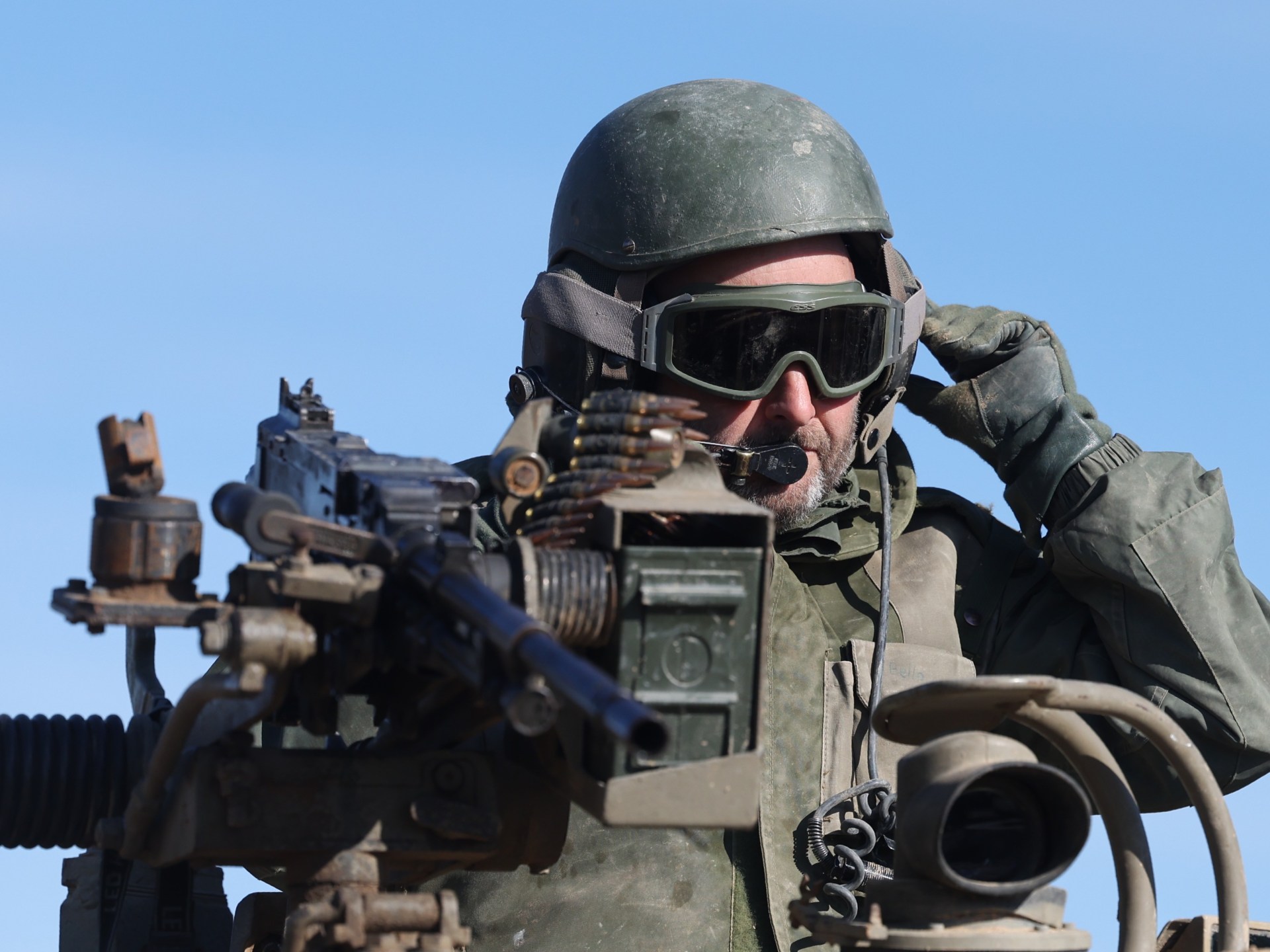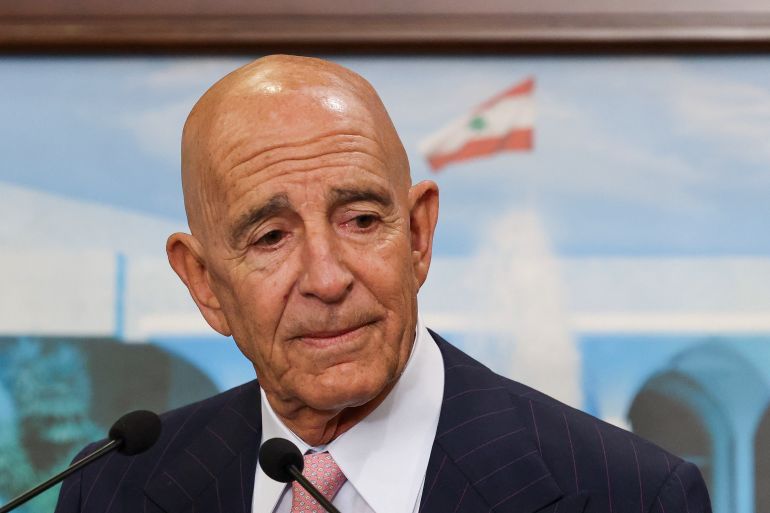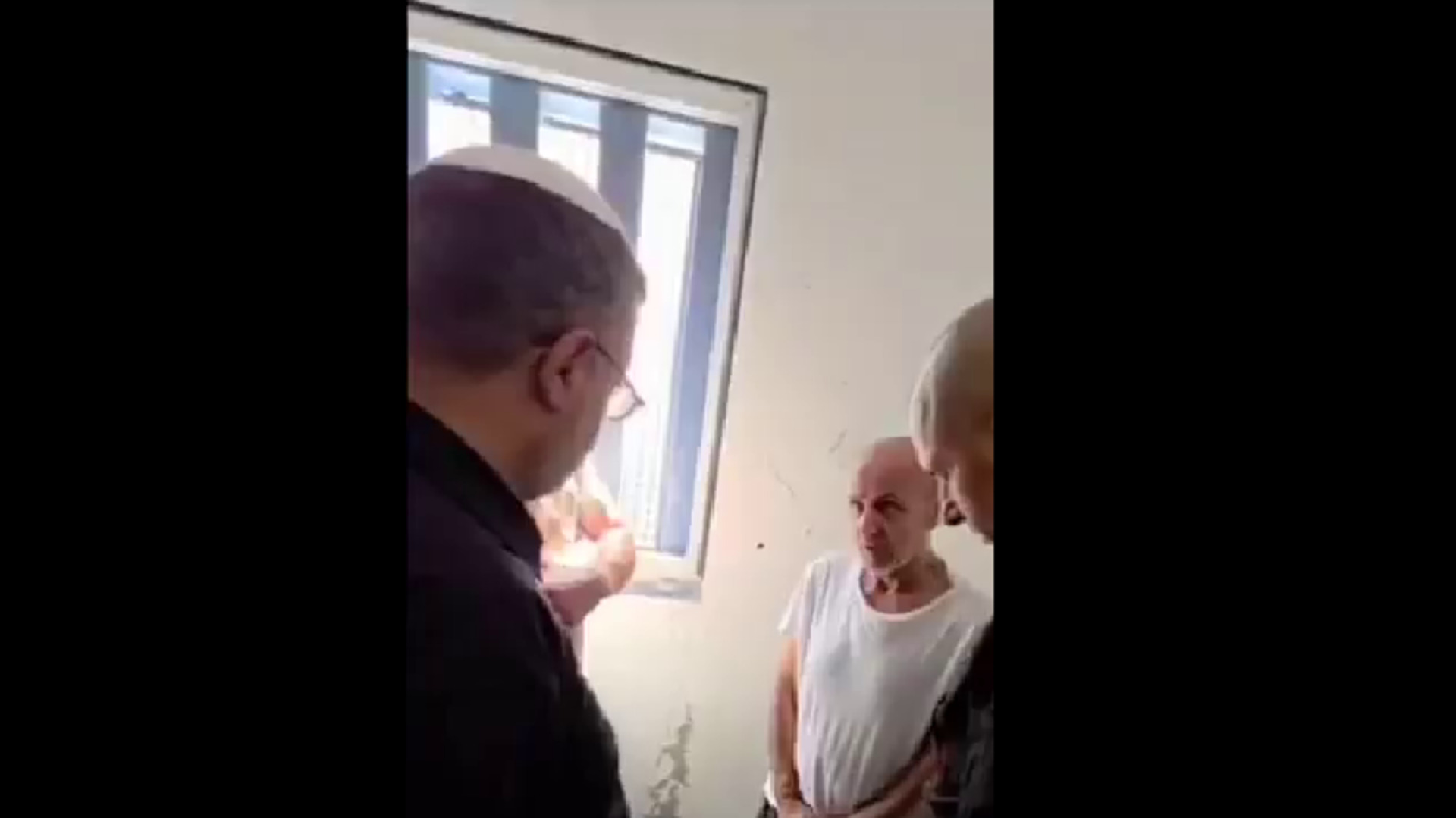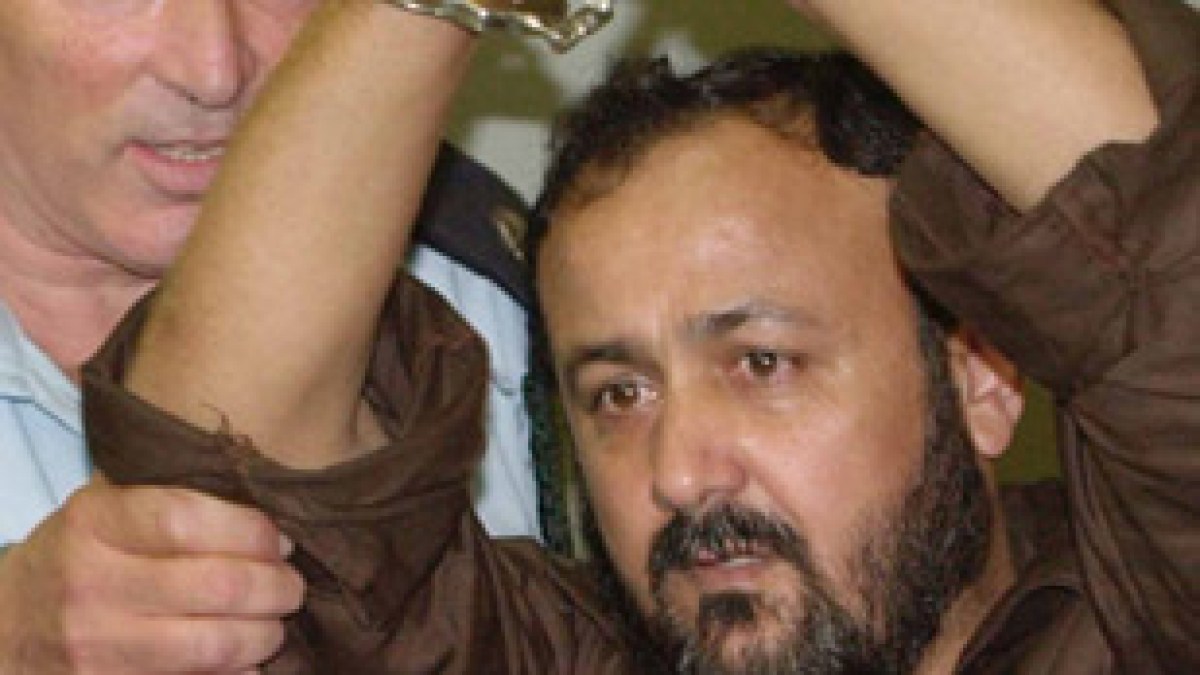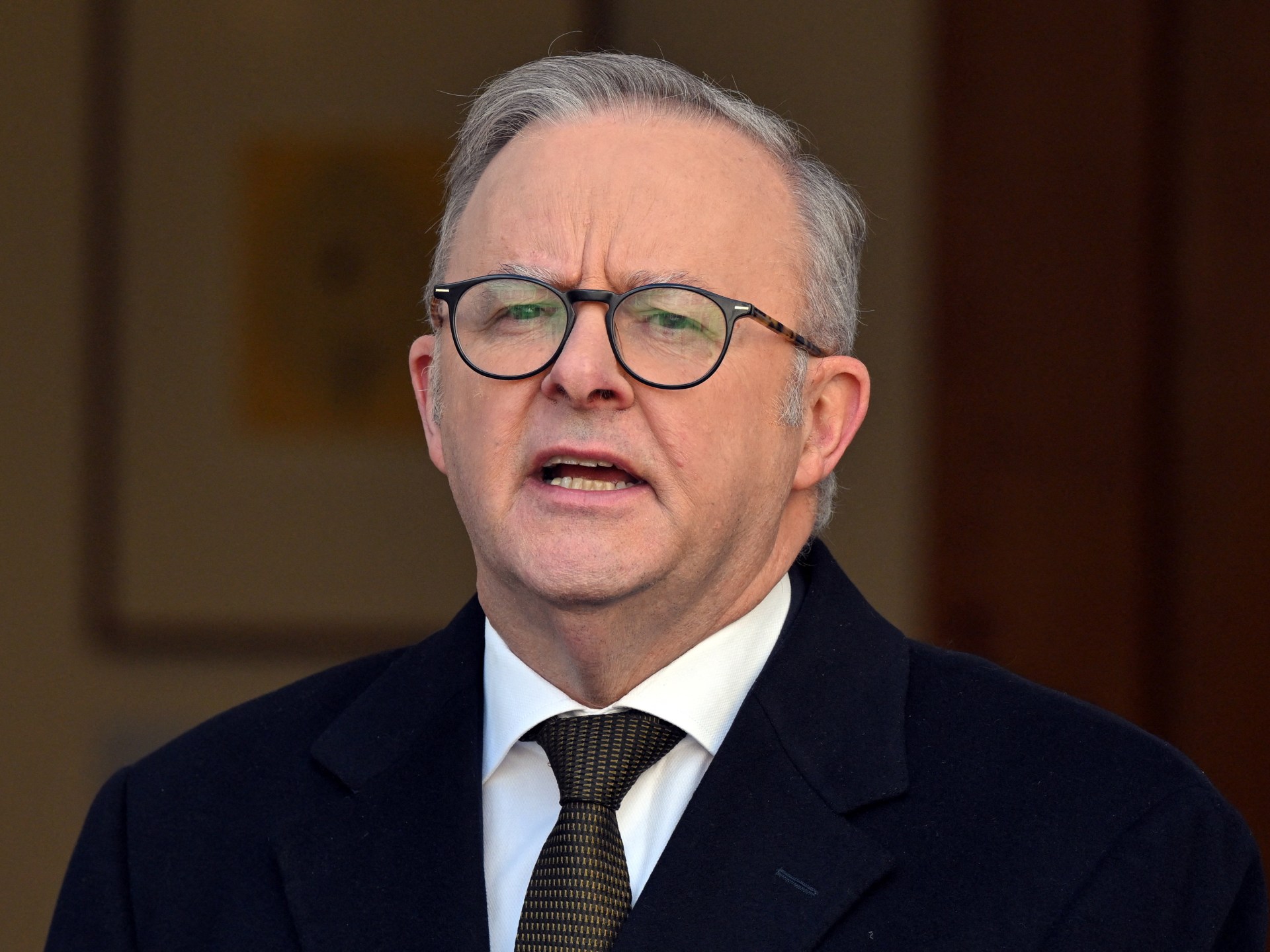The Israeli military, which styles itself as the “most moral army in the world”, may be routinely committing war crimes, according to analysts in Israel and doctors who have worked in Gaza.
While killings, beatings and the arbitrary arrest of Palestinians are not new to the Israeli army, a long process of dehumanisation, the infiltration of far-right ideologies in the army and a lack of accountability have led to a scenario where Israeli soldiers can do as they please without even needing an operational reason, analysts said.
“As far as I can see, this is a new phenomenon,” Erella Grassiani of the University of Amsterdam, who has written on what she referred to as the moral “numbing” of Israeli soldiers during the second Intifada of 2000.
“It’s not as if Israeli soldiers haven’t beaten and arrested children for throwing stones before, but this is new,” she said.
“Previously, there were some kind of rules of engagement, even if they were loosely followed, but they were there. What we’re seeing now is completely different,” she said.
War as sport
Accusations of casual brutality by Israeli soldiers in Gaza, and the occupied West Bank, are longstanding.
Israeli soldiers have posted social media videos of themselves wearing the dresses of women whose homes they have raided, or playing with their underwear.
And there are accounts of soldiers shooting civilians for “target practice” or simply to stave off boredom.
In early August, the BBC investigated the cases of Israeli soldiers killing children in Gaza. Of the 160 cases examined, 95 children had been shot in the head or the chest – shots that could not be claimed as “intended to wound only”.
In addition to killing children, there are accounts suggesting that Israeli soldiers have been using the civilians who gather around aid distribution sites run by the self-styled GHF for target practice.
“The GHF sites are set up as death traps,” British surgeon Nick Maynard, who returned in July from his third trip to Gaza since the war began, told Al Jazeera.
“They’re compounds containing enough food for a family to eat for a few days, but not for all of the thousands of people they keep waiting outside. They then open the gates and let the chaos, fighting and even rioting happen, which they then use as a justification to fire into the crowd,” he said.
The nature of the shooting became clear to the doctors and emergency room medics at nearby Nasser Hospital, where Maynard was working.
“I was operating on a 12-year-old boy, who later died,” Maynard said.
“He’d been shot at one of the GHF sites. I had a conversation about it with a colleague in the Emergency Room later, who told me that he and other medics had seen repeated and strong patterns of wound grouping,” he explained.
Wound grouping refers to the phenomenon where several patients present with an injury to the same part of their body. The following day, many patients come in with a wound on a different part of the body, suggesting to Maynard that Israeli snipers were either playing or using civilians to improve their aim, as he told Sky News previously.
No accountability, no control
An investigation by the Israeli magazine +972 in July 2024 painted a bleak picture of Israeli soldiers with no restrictions on their ability to shoot at civilians in Gaza.
“There was total freedom,” a soldier who served in Gaza for months told +972. “If there is [even] a feeling of threat, there is no need to explain – you just shoot … it is permissible to shoot at their centre of mass [their body], not into the air”, the anonymous soldier continued.
“It’s permissible to shoot everyone, a young girl, an old woman.”
Of the 52 probes that the Israeli army said it carried out into crimes it has been accused of committing in Gaza or the West Bank between October 2023 and June 2025, 88 percent were stalled or were closed with no action taken, according to a study by Action on Armed Violence (AOAV).
Only one had resulted in a prison sentence against the accused.
According to AOAV, the 52 cases they examined involved the killing of 1,303 people, the wounding of 1,880 people and the reported torture of two more.
Even when there was footage of an incident, such as what appeared to be the gang rape of a Palestinian prisoner at the Sde Teiman Israeli prison facility, public pressure, including from members of the Israeli cabinet, led to the accused’s eventual release.
Accusations that the Israeli army routinely tortures Palestinians date back to at least 1967, when the Red Crescent documented the systematic torture of prisoners in Nablus Prison in the West Bank.
There has also been an increase in the dehumanising language used to refer to Palestinians that researchers now say is commonplace within the army.
As far back as 1967, Israeli figures such as David Hacohen, one-time Israeli ambassador to Burma, now Myanmar,, were recorded denying that Palestinians were even human.
In 1985, a survey of 520 books in Hebrew children’s literature found that 86 depicted Palestinians as “inhuman, war lovers, devious monsters, bloodthirsty dogs, preying wolves, or vipers”.
Twenty years later, when many of those now deployed to Gaza were likely at school, 10 percent of a sample batch of Israeli children who were asked to draw Palestinians depicted them as animals.
“The dehumanisation of Palestinians is a process that goes back decades,” Grassiani of the University of Amsterdam said. “But I’d say it’s now complete.
“We’ve seen incredibly cruel acts from the first day to now, with Israeli soldiers seeking revenge for [the Hamas-led attack of] October 7,” she said.
“It’s like a snowball running down a hill to which there’s no bottom,” Haim Bresheeth, author of An Army Like No Other, a book about the Israeli military.
“Every year, the violence is ratcheted up,” he said. “The idea of using civilians as target practice is the logical outcome.
“It’s a new sport, a blood sport, and these sports always develop from the bottom up,” he said of Israel’s infantry.
“It’s twisted, murderous, and it’s sick.”
